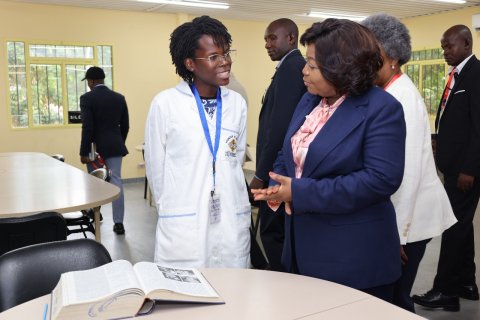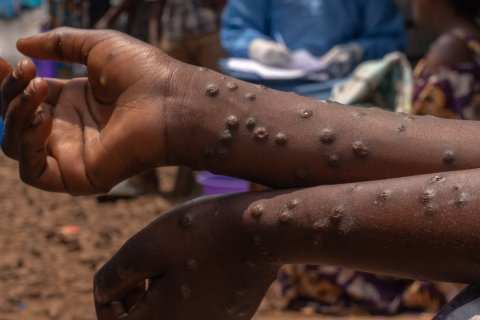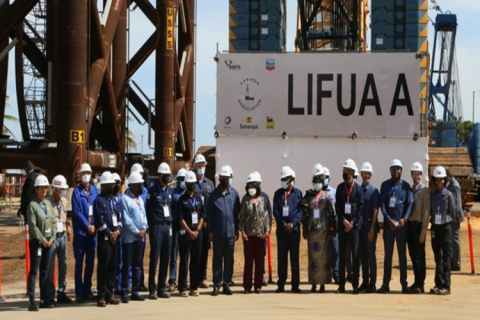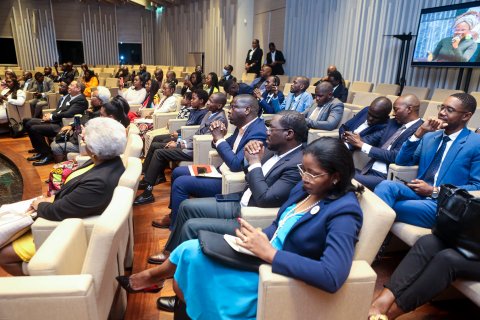The information was transmitted in parliament by the Secretary of State for Mineral Resources, Jânio Correia Vítor, who highlighted that the illegal exploitation of strategic minerals has generated harmful negative impacts on the environment, human life, public health and the livelihood of communities.
The government official, who presented the proposal for a Law to Combat Illegal Mining Activity in the National Assembly, also associated the practice with the support of violent armed conflicts, organized crime, terrorism and other actions.
"In addition to the losses we have listed, with the illegal exploitation of strategic minerals, the State no longer receives revenue through taxes. Addressing the issue of illegal mineral exploitation is not a matter of minor importance or irrelevant", he said.
Jânio Correia Vítor stated that, due to the proportions that the phenomenon has taken, "to the detriment of the normal functioning of the sector, the stability of the economic system and national security", it is imperative to adopt "more efficient" mechanisms to combat to this practice."
The Secretary of State estimated that there are around one million three hundred thousand "garimpeiros" in the country, "many of them foreigners, and around 296 large dredgers [mineral excavation and washing machines] also in an illegal situation".
According to the official, the legal types of mining crimes currently in force "do not satisfactorily cover all the phenomena that constitute illegal mining activity", thus justifying the creation of a specific regime.
The proposed Law to Combat Illegal Mining Activity aims to "criminally adapt and reinforce" the fight against the illegal exercise of mining activity, classify crimes and the purposes of penalties, establish criminal frameworks that allow for the effective protection of the legal assets in question.
The legal diploma, initiated by President João Lourenço, also aims to establish mechanisms that lead to the declaration of loss of instruments, products and advantages of crime, with the purpose of "making the operation and perpetuation of criminal practices by offenders unfeasible".
The legislative initiative criminalizes the crimes of promoting and facilitating illegal mining activity, installing, assembling and starting illegal mining activity, transporting mineral resources and equipment, falsifying mining title authorizations, fraudulently obtaining mining authorization titles and receiving and material assistance.
The proposed law provides for criminal penalties ranging from three months to eight years in prison and fines corresponding to around 4 million dollars.
During the discussion of the diploma, in plenary, the deputy of the Popular Movement for the Liberation of Angola (MPLA) Joaquim José Mingues defended that the strategy to combat illegal mining activity involves a multifaceted approach aimed at the reduction and eventual cessation of illegal mining operations.
Social Renewal Party (PRS) deputy Rui Malopa Miguel considered that the illegal exploration of diamonds, especially in eastern Angola, results from the "vulnerability" of the populations and territories that hold the resources.
The deputy of the National Union for the Total Independence of Angola (UNITA) Vasco Sangongo considered the proposed law under debate "synonymous with the legalization of killing and slaughter in the diamond regions of the Lundas" (provinces that hold the majority of diamonds produced in the country).
The proposed law ended up being approved in general with 90 votes in favor, zero against and 66 abstentions.







